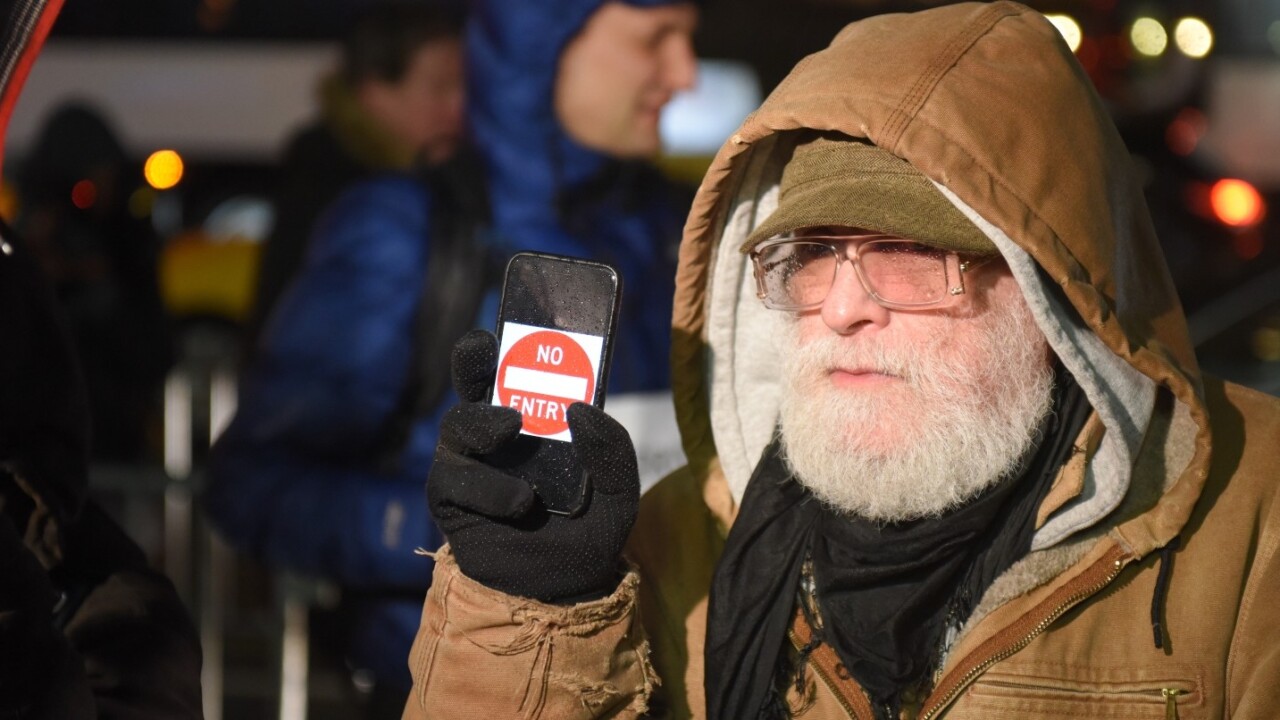
The very high-profile and incredibly important case between Apple and the FBI wanting access to data stored on an iPhone could have “serious global ramifications,” according to the United Nation’s High Commissioner of Human Rights Zeid Ra’ad Al Hussein.
“In order to address a security-related issue related to encryption in one case, the authorities risk unlocking a Pandora’s Box that could have extremely damaging implications for the human rights of many millions of people, including their physical and financial security,” Al Hussain said. “I recognize this case is far from reaching a conclusion in the US courts, and urge all concerned to look not just at the merits of the case itself but also at its potential wider impact.”
Al Hussein’s comments came on Friday, as San Bernadino Chief Deputy District filed a new brief stating that the county-owned handset could contain “a lying dormant cyber pathogen that endangers San Bernardino’s infrastructure” and thus, access should be granted to prevent such a situation arising. It making absolutely no sense whatsoever didn’t seem to be taken into account – the term ‘cyber pathogen’ doesn’t appear to have been used in relation to cybersecurity before now.
While the UN clearly thinks that private businesses should help authorities in investigating such crimes, Al Hussein argues that this isn’t a case about Apple and its customers. It’s about customers of every handset maker and users of all digital services.
“This was an abominable crime, and no one involved in aiding or abetting it should escape the law. But this case is not about a company – and its supporters — seeking to protect criminals and terrorists, it is about where a key red line necessary to safeguard all of us from criminals and repression should be set.”
The final decision is set to come from congress in the near future.
➤ Apple-FBI case could have serious global ramifications for human rights: Zeid [United Nations]
Get the TNW newsletter
Get the most important tech news in your inbox each week.




